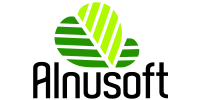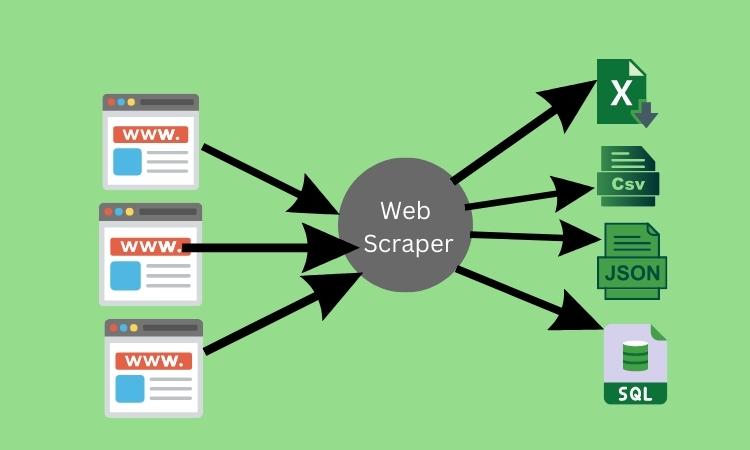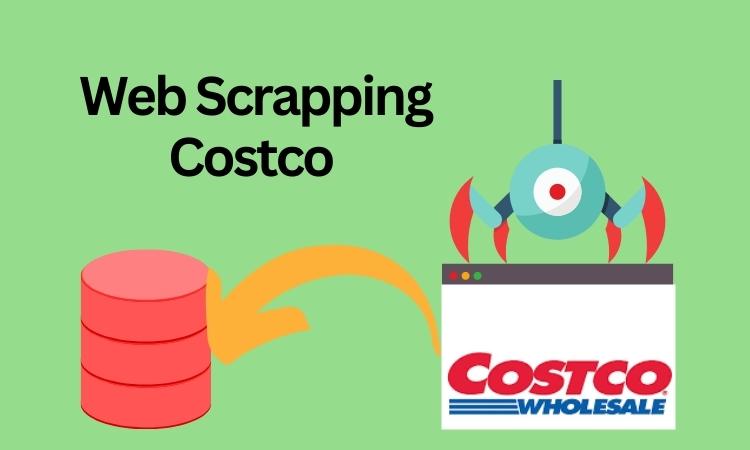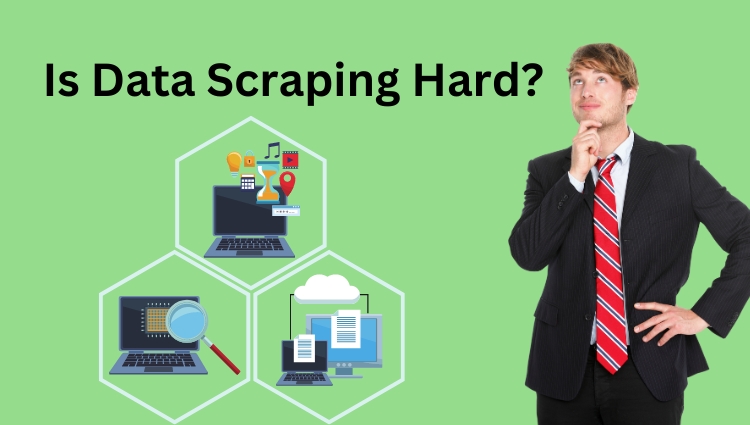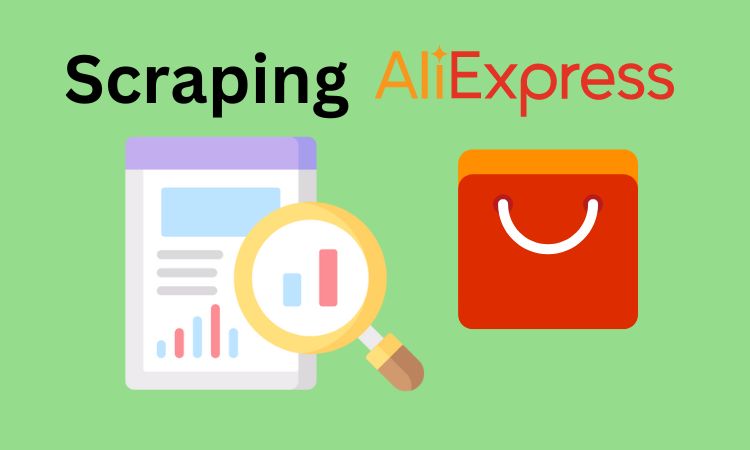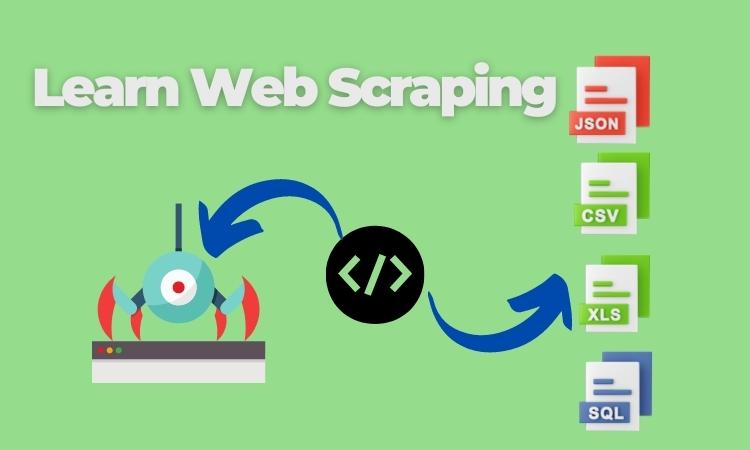Why Is Web Scraping Important For Data Science?
You may have heard that web scraping is an important skill for data science, but let’s learn how and why exactly?
You may have heard that web scraping is an important skill for data science, but what does that actually mean? Web scraping is the process of extracting information from websites using a computer program.
This can be used to gather data for analysis or to automate tasks like collecting product prices or email addresses. While not all data scientists need to know how to scrape websites, it can be a useful tool in your arsenal.
Let’s take a closer look at why web scraping is important and some things you can do with it.
Why is Web Scraping Important For Data Science? Major Benefits
At its core, web scraping is the process of extracting data from websites. This data becomes accessible for further analysis and can yield valuable insights for data science projects.
Several techniques can be used to scrape online data, each with advantages and drawbacks.
These techniques include crawling, which entails following links and gathering content as you go, and screen scraping, which involves downloading and parsing HTML files.
While web scraping allows you to extract data from websites using specialized tools and APIs programmatically. Whatever approach is used, web scraping plays an important role in helping data scientists to gather and analyze large amounts of data efficiently.
By removing the time-consuming manual processes involved in gathering information from websites, this technology helps researchers to explore new avenues of inquiry more quickly and easily than ever before.
As such, it is a crucial component of successful data science projects.
Know About The Use of Web Scraping To Collect Data For Your Projects
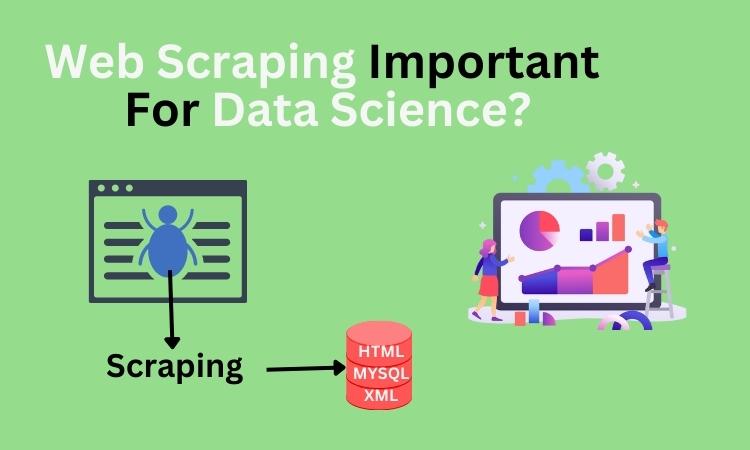
There are many ways to collect data for your projects, but web scraping is one of the most powerful methods. This technique involves using a software program or automated script to scan and analyze information that is publicly available online.
With web scraping, you can gather large amounts of data on everything ranging from consumer spending habits to search results on various websites.
And because this data can be stored in a spreadsheet or database format, it is easy to manipulate and integrate with other datasets for your own purposes.
Perhaps the biggest benefit of web scraping is that it allows you to access information that would otherwise be inaccessible. By design, many websites intentionally prevent robots from crawling their content, meaning that much of the content on these sites will never appear in search results or even show up in a standard Google crawl.
Web scraping is effective at bypassing these filters and getting access to valuable data sources that you can use to inform your projects and research. Whether you need trends on climate change statistics or results from big data analysis, web scraping offers an efficient way to gather the information you need.
So if you’re looking for a powerful tool for collecting data for your projects, don’t overlook web scraping as a potential solution!
Explore The Challenges Associated With Web Scraping
Web scraping is extremely powerful and versatile, enabling users to extract data from online sources for various purposes. However, as with all technologies, web scraping also comes with its own set of unique challenges.
One major challenge is the legal gray area that web scraping occupies. While there are currently no federal laws explicitly regulating web scraping, many sites have terms of service prohibiting automated data harvesting.
Furthermore, many individual states have laws governing such practices, making it important to know local regulations when using web scrapers.
Another challenge associated with web scraping is the rapidly changing nature of the web itself. Since most sites are constantly undergoing updates, it can be difficult for scraper programs to keep up with new layouts and formatting standards.
In addition, large sites often employ advanced anti-scraping techniques such as CAPTCHAs or IP restrictions in an attempt to thwart potential scrapers.
Despite these challenges, however, web scraping remains one of the most effective methods for collecting data from online sources at scale. As long as users take the necessary precautions and adapt to new trends in web development, they can reap the full benefits of this powerful technology.
Best Tools And Libraries For Web Scraping Purposes?
Web scraping can be a great way to gather data from online sources, allowing you to perform complex analyses and create all sorts of useful applications.
Several tools and libraries can help you with web scraping, each with its own unique benefits. Some of the most popular options include Scrapy, BeautifulSoup, and jQuery.
Scrapy is a robust open-source framework that makes extracting data from complex websites and structures easy. It features easy-to-use APIs for connecting with web pages and writing customized scrapers.
It is an open-source library for Python, Parsel, a smart module for retrieving information from web pages, and Cheerio, a popular node.js library used for JavaScript-based scraping.
Another popular choice is BeautifulSoup, which uses smart algorithms that allow it to parse HTML and XML code efficiently. This library comes with a powerful string-extraction tool that can be used for manipulating the data returned by websites.
Finally, jQuery is another powerful library for web scraping that works well when interacting with JavaScript-heavy sites. With its built-in methods for selecting DOM elements and querying data from the server, jQuery offers an intuitive interface for working with web content.
Other useful resources include web-scraping tutorials and guides on various platforms such as Medium, w3schools, and Stack Overflow. Ultimately, the key to successful web scraping is using the right tools, libraries, and platforms to quickly and efficiently access the data you need quickly and efficiently.
Whether you’re scraping professional or personal data, these tools will help you achieve your goals while maintaining speed and accuracy.
Closing Thoughts
In conclusion, web scraping is an important tool for data science. It allows data scientists to collect data from various sources, including websites that would otherwise be difficult or impossible to access.
While web scraping does have some challenges, such as dealing with dynamic content and JavaScript, these challenges can be overcome with the right tools and techniques.
